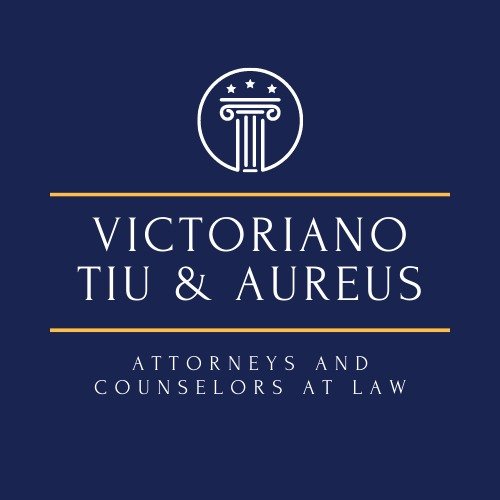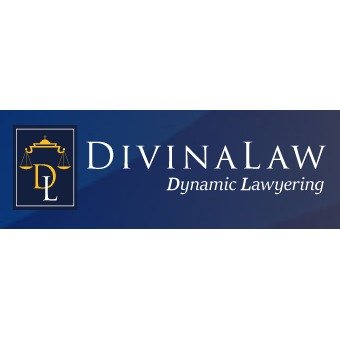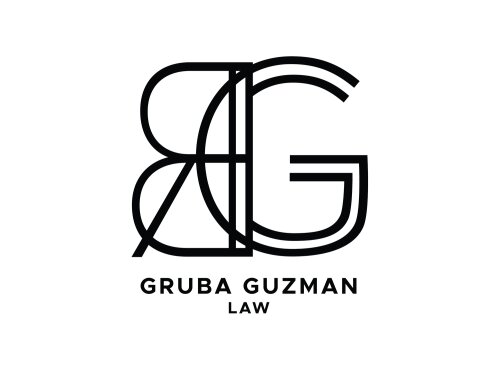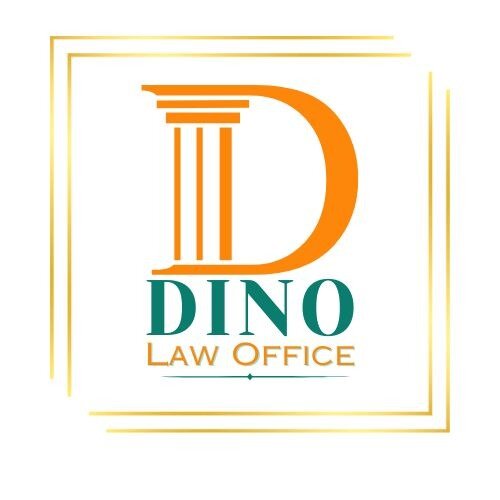Best ADR Mediation & Arbitration Lawyers in Makati City
Share your needs with us, get contacted by law firms.
Free. Takes 2 min.
List of the best lawyers in Makati City, Philippines
About ADR Mediation & Arbitration Law in Makati City, Philippines
ADR Mediation & Arbitration, also known as Alternative Dispute Resolution, is a legal process used to settle disputes outside of the court system in Makati City, Philippines. It offers parties a more efficient and cost-effective way to resolve conflicts by engaging in negotiation, mediation, or arbitration.
Why You May Need a Lawyer
There may be several situations where it is advisable to seek legal help in ADR Mediation & Arbitration:
1. Complexity of the Dispute: If you are involved in a complicated or high-stakes dispute, it is crucial to have an experienced lawyer who can navigate the legal intricacies and protect your interests.
2. Knowledge of ADR Procedures: A lawyer specializing in ADR Mediation & Arbitration can guide you through the process, ensuring you understand your rights, obligations, and available options.
3. Legal Representation: Having a lawyer during ADR proceedings can provide you with a strong advocate who can present your case persuasively and negotiate favorable settlements on your behalf.
Local Laws Overview
In Makati City, Philippines, ADR Mediation & Arbitration is governed by various laws, including:
1. The Philippine Alternative Dispute Resolution Act (Republic Act No. 9285): This law outlines the legal framework for ADR methods, such as mediation and arbitration, and establishes the powers and duties of the Philippine Mediation Center.
2. The Revised Rules of Court: Rule 16.1 of the Rules of Court encourages parties to consider ADR methods and provides guidelines for mandatory mediation and judicial dispute resolution in applicable cases.
Frequently Asked Questions
1. What is the difference between mediation and arbitration?
Mediation is a voluntary process where a neutral third party assists parties in reaching a mutually agreeable solution. Arbitration, on the other hand, is a more formal process where a neutral arbitrator hears evidence and issues a binding decision.
2. How long does ADR Mediation & Arbitration typically take in Makati City?
The duration of ADR proceedings varies depending on the complexity of the dispute and the willingness of the parties to cooperate. Generally, it can range from a few weeks to several months.
3. Can the decision reached through arbitration be appealed?
In most cases, the decision reached through arbitration is binding and final. However, there are limited grounds for appealing an arbitration award, such as fraud or misconduct by the arbitrator.
4. Are ADR Mediation & Arbitration proceedings confidential?
Yes, ADR proceedings in Makati City are confidential. This means that discussions, documents, and any information disclosed during the process cannot be used as evidence in subsequent court proceedings.
5. How can I find a qualified mediator or arbitrator in Makati City?
You can contact the Philippine Mediation Center or reputable law firms in Makati City to find qualified mediators or arbitrators who are experienced in ADR processes.
Additional Resources
For further assistance and information in ADR Mediation & Arbitration, you may find the following resources helpful:
- Philippine Mediation Center: http://pmed.ph/
- Makati City Bar Association: http://makaticitybar.org.ph/
Next Steps
If you require legal assistance in ADR Mediation & Arbitration, here are the recommended next steps:
1. Assess the complexity of your dispute and determine if engaging a lawyer is necessary.
2. Research and select a reputable law firm or mediator/arbitrator with relevant experience in ADR proceedings.
3. Schedule a consultation to discuss your specific case and determine the best course of action.
4. Prepare all relevant documents and information to provide your lawyer or mediator/arbitrator with a comprehensive understanding of your dispute.
5. Cooperate fully during the ADR process, actively engaging in negotiations, mediations, or arbitrations as required.
6. Follow the advice and guidance of your lawyer or mediator/arbitrator to protect your rights and achieve a favorable outcome.
Lawzana helps you find the best lawyers and law firms in Makati City through a curated and pre-screened list of qualified legal professionals. Our platform offers rankings and detailed profiles of attorneys and law firms, allowing you to compare based on practice areas, including ADR Mediation & Arbitration , experience, and client feedback.
Each profile includes a description of the firm's areas of practice, client reviews, team members and partners, year of establishment, spoken languages, office locations, contact information, social media presence, and any published articles or resources. Most firms on our platform speak English and are experienced in both local and international legal matters.
Get a quote from top-rated law firms in Makati City, Philippines — quickly, securely, and without unnecessary hassle.
Disclaimer:
The information provided on this page is for general informational purposes only and does not constitute legal advice. While we strive to ensure the accuracy and relevance of the content, legal information may change over time, and interpretations of the law can vary. You should always consult with a qualified legal professional for advice specific to your situation.
We disclaim all liability for actions taken or not taken based on the content of this page. If you believe any information is incorrect or outdated, please contact us, and we will review and update it where appropriate.
















